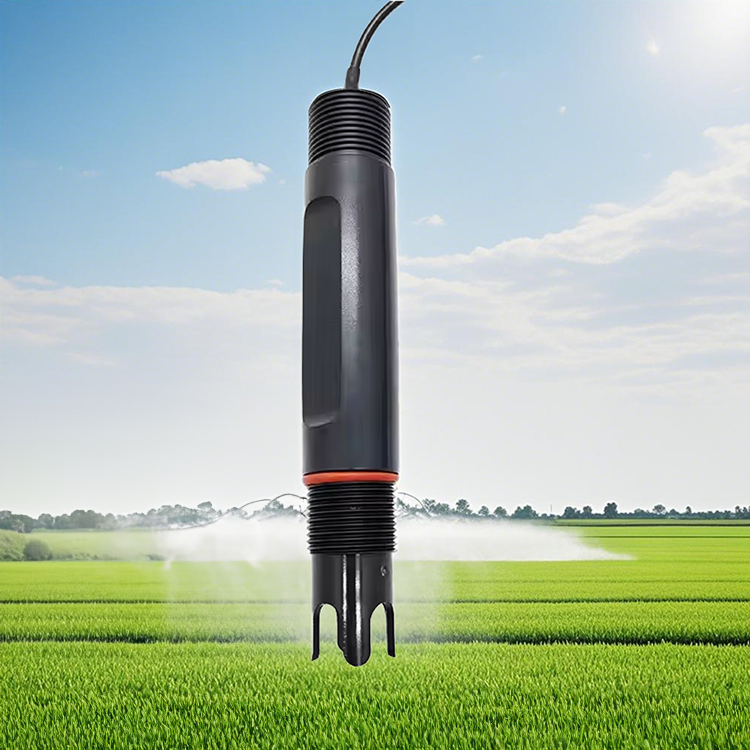In recent years, the importance of water quality monitoring has surged, particularly in Southeast Asia, where agriculture and environmental sustainability are crucial for economic growth and ecological balance. Two countries in this region, Thailand and Singapore, have made significant strides in employing advanced water quality monitoring technologies, including Oxidation-Reduction Potential (ORP) sensors. These sensors play a vital role in ensuring the health of water bodies which directly influences agricultural productivity and environmental integrity.
Agricultural Applications
In Thailand, where agriculture significantly contributes to the economy, ORP sensors have become essential tools. They help farmers monitor soil and water conditions to optimize irrigation strategies. By assessing redox potential, these sensors can determine the availability of nutrients and the health of the soil microbiome.
For instance, integrating ORP sensors with handheld meters for multi-parameter water quality can empower farmers by providing immediate feedback on water quality conditions. This data enables timely interventions to prevent crop loss and enhance yields. As farmers adapt to climate changes and water scarcity, these tools can be crucial for sustainable practices.
Environmental Monitoring in Singapore
Singapore, facing unique challenges due to its urbanized environment, relies heavily on technology to manage its limited natural resources. The city-state has implemented comprehensive water management strategies, utilizing ORP sensors to monitor the health of its reservoirs and aquatic ecosystems. These sensors help detect pollutants and assess water quality parameters, ensuring that treated water meets safety standards for consumption and recreational activities.
The deployment of floating buoy systems for multi-parameter water quality has been particularly effective in Singapore’s water bodies. These systems allow continuous monitoring of critical water quality metrics, providing real-time data that can inform environmental policies and conservation efforts. By maintaining high water quality standards, Singapore demonstrates its commitment to sustainability and public health.
The Role of Advanced Technologies
In addition to traditional monitoring methods, the integration of advanced technologies is revolutionizing the way water quality is managed in both countries. Companies like Honde Technology Co., Ltd. offer a range of solutions that can enhance water quality monitoring capabilities. They provide options such as:
- Handheld meters for multi-parameter water quality, allowing users to conduct on-site testing with ease.
- Floating buoy systems, which facilitate real-time tracking of water conditions in lakes and rivers.
- Automatic cleaning brushes for multi-parameter water sensors, ensuring reliability and prolonged service life of monitoring equipment.
- A complete set of servers and software wireless modules that support various communication protocols such as RS485, GPRS/4G, WiFi, LORA, and LORAWAN, making data collection and analysis more efficient.
With these innovative solutions, stakeholders in Thailand and Singapore can enhance their water quality monitoring systems, leading to better agricultural outcomes and improved environmental health.
Conclusion
The impact of ORP sensors and advanced water quality monitoring technologies in Thailand and Singapore cannot be underestimated. By equipping farmers and environmental managers with the tools necessary for effective water quality assessment, these countries are setting a precedent for sustainable practices in agriculture and environmental management. For more information on water quality sensors and solutions tailored to meet these needs, please contact Honde Technology Co., Ltd. at info@hondetech.com, visit their website at www.hondetechco.com, or call +86-15210548582. Empowering the future of agriculture and environmental health starts with quality water management, and these technologies are paving the way.
Post time: Apr-23-2025


